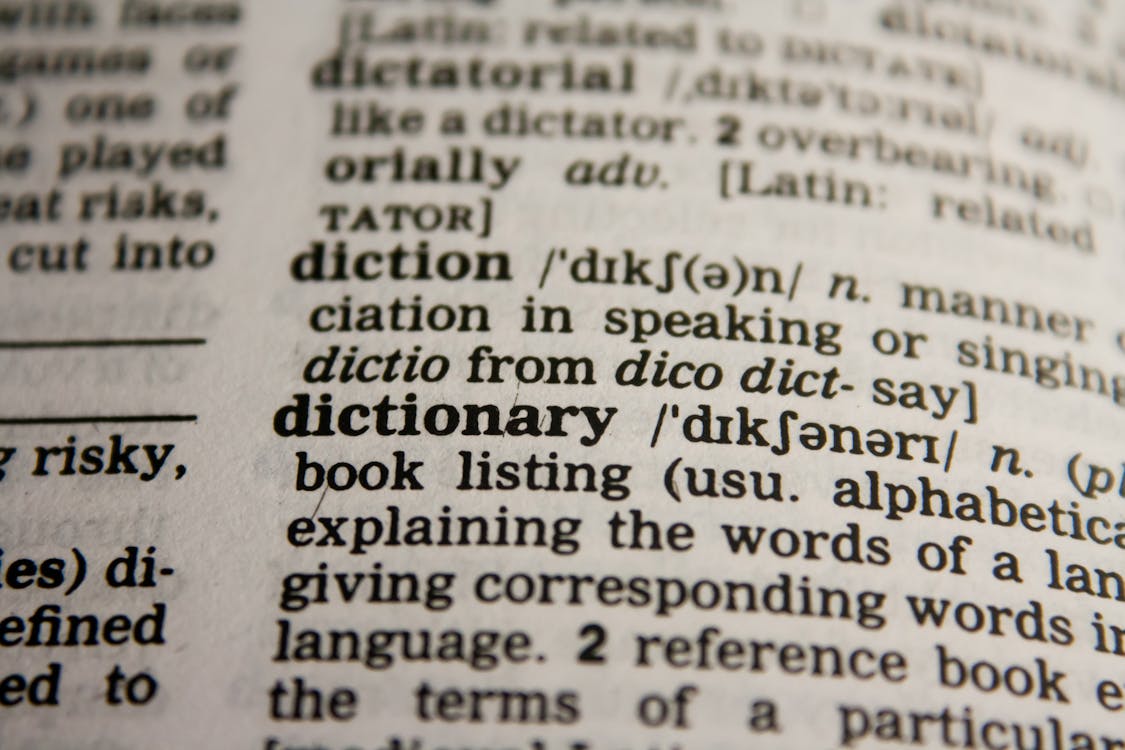Did you know that today is “Big Word Day”?
On this special day, you are encouraged to come up with new big words to keep the English language alive. Every year on April 21, people around the world celebrate “Big Word Day” by learning new words to add to their vocabulary.
What is the longest word that you know in your own vocabulary?
Mine would be “Supercalifragilisticexpialidocious”, from Mary Poppins (1964).
We are used to using shorter words or abbreviations to be simple and concise in our every day lives, but sometimes it is a good practice to think of more juicy words as a replacement. My good old friend, the thesaurus, has helped me a lot when I was writing in high school. I always use the dictionary and the thesaurus to help me find different words to express the same idea. It is going to be a continuous learning process for me.
Fun Facts about Big Word Day
- The shortest word that uses all five vowels is “Eunoia”. It is the feeling of goodwill, being friendly and wanting to help.
- The longest English word uses 189,819 letters and takes more than three hours to pronounce. It is the chemical name for titin which is currently the largest known protein.
- The longest word in the Oxford English Dictionary is “pneumonoultramicroscopicsilicovolcanoconiosis”, it is 45 letters long and is a term for a lung disease caused by inhaling sand dust.
Let’s watch a video on how to pronounce “pneumonoultramicroscopicsilicovolcanoconiosis”:
In 1220, a medieval English grammarian named John of Garland wrote a book called “Dictionarius” for his students at the University of Paris. It is believed that he coined the term “dictionary” which is a book that lists words in a language in alphabetical order alongside with their meaning.
“The Elementarie” is a non-alphabetical list of words published by Richard Mulcaster in 1582. He published this list in hopes that the richness of the English language would be recognized by scholars.
“I do not think that anie language, be it whatsoever, is better able to utter all arguments, either with more pith, or greater planesse, than our English tung is, if the English utterer be as skillfull in the matter, which he is to utter.”
Richard Mulcaster
On April 15, 1755, the first reliable dictionary called “A Dictionary of the English Language” or “Johnson’s Dictionary” was published. It was written by Samuel Johnson and is one of the most influential works in the English language history.
I challenge you to learn a new big word today!



